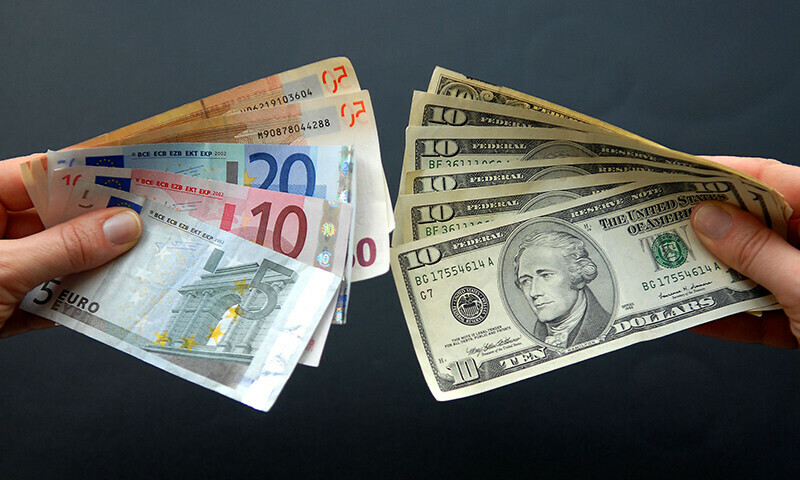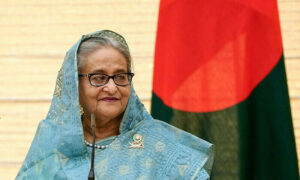KARACHI: Overseas Pakistanis sent 44 per cent more remittances in the first two months (July and August) of the current fiscal year (FY25), compared to the same period of the previous fiscal year.
In July, remittances went up by 48 per cent year-on-year, setting a trend of higher inflows. The receipts for July were $2.994 billion, but it dipped to $2.942bn in August.
According to data issued by the State Bank on Monday, the inflows during July-Aug FY25 rose to $5.936bn, while inflows in the same period of previous fiscal year FY24 was $4.123bn — an increase of $1.813bn, or 44 per cent.
The inflows must be a relief for the government at a time when it is struggling to strike a deal with the IMF for $7bn. This inflow would not only improve Pakistan’s image in the eyes of international rating agencies but will also open doors for other sources.
Pakistan is in dire need of dollars for debt servicing of $25bn in FY25.
The country managed to bring down the current account deficit in FY24 to a negligible $665 million while it was just $162m in July FY25. Although the economy suffered due to restricted imports and growth fell to just 2.4 per cent in FY24, the government succeeded in tackling the or current account deficit.
According to financial experts, if remittances keep improving at the same pace, the country would be able to increase its imports to spur growth.
Data showed that inflows from almost all destinations rose during the first two months while the highest increase among important destinations was from the UAE.
Remittances from UAE jumped by 84.3 per cent to $1149m from $624 in the first two months of the previous fiscal year.
However, the highest inflows were from Saudi Arabia, which rose 50.7 per cent. Remittances from Saudi Arabia shot up to $1.473bn during July-Aug FY25, compared to the same period of last year fiscal year.
The other important inflows were $ 918.3m from UK (up by 44.4 per cent); USA $622.4bn (up 23.5 per cent); GCC countries $569.7m (up20.4 per cent) and EU countries $726.6 per cent (up 26.5 per cent). The inflow from EU has exceeded the inflows from the GCC countries.
Currency experts said one of the reasons for higher remittances is the tough stance of the government against illegal currency business. They said the currency smuggling and Hundi and Hawala system are working at the lowest level.
Currency dealers in the open market also reported higher inflows as they have started selling more dollars in the banking market. The inter-bank market is showing stability in the exchange rate — a big attraction for exporters to sell their proceeds while it is also attractive for foreign investors.
Published in Dawn, September 10th, 2024







